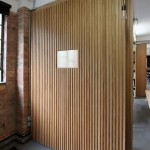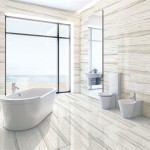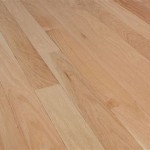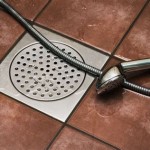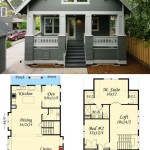Cost to Replace Hardwood Floor: A Comprehensive Guide
Replacing hardwood floors is a significant home improvement project that can dramatically enhance the aesthetic appeal and value of a property. However, understanding the associated costs is crucial for effective budgeting and planning. The overall expense involves various factors, including the type of hardwood, the size of the area, labor costs, and any necessary subfloor repairs or preparations. This article provides a detailed breakdown of the typical costs associated with hardwood floor replacement and explores the factors that influence the final price.
Before delving into specific pricing, it's essential to recognize that hardwood flooring options vary considerably. Solid hardwood, engineered hardwood, prefinished hardwood, and unfinished hardwood all come with different price points and installation requirements. Understanding these distinctions is the first step in accurately estimating the cost of replacing a hardwood floor.
Solid hardwood, crafted from a single piece of wood, is generally the most expensive option due to its durability and longevity. Engineered hardwood, composed of multiple layers with a hardwood veneer on top, offers a more budget-friendly alternative that is also more resistant to moisture. Prefinished hardwood comes already stained and sealed, reducing installation time but potentially increasing the material cost. Unfinished hardwood requires sanding and finishing after installation, adding to the labor cost but allowing for customization of the stain and finish.
Factors Influencing the Cost of Hardwood Flooring Replacement
Several key factors contribute to the overall cost of replacing hardwood floors. These encompass the type of hardwood chosen, the size of the project area, labor fees, subfloor considerations, and additional expenses such as furniture removal and disposal of old flooring. A thorough assessment of these factors is necessary for a realistic cost estimate.
Type of Hardwood: The species of wood selected significantly impacts the material cost. Domestic hardwoods like oak, maple, and cherry are typically more affordable than exotic hardwoods such as Brazilian walnut (Ipe) or tigerwood. The grading of the wood also influences the price; higher grades with fewer knots and imperfections command a premium. The thickness of the hardwood directly affects its durability and lifespan, with thicker planks generally being more expensive but offering greater longevity.
Size of the Area: The square footage of the area to be floored is a primary determinant of the total material cost. Larger areas naturally require more hardwood, resulting in a higher overall expense. Waste is also a factor to consider. Flooring installers typically recommend purchasing 5-10% extra material to account for cuts, mistakes, and pattern matching, particularly with intricate designs or wider planks.
Labor Costs: Labor costs for hardwood flooring installation can vary based on several factors, including the complexity of the installation, the experience of the installer, and the geographic location. Installation costs typically include removing the old flooring, preparing the subfloor, installing the new hardwood, and applying the finish (if applicable). Complex patterns, such as herringbone or parquet, will require more skilled labor and increase the installation cost. Geographic location also plays a role, with metropolitan areas often having higher labor rates compared to rural areas.
Subfloor Preparation: The condition of the subfloor is crucial for a successful hardwood flooring installation. If the subfloor is uneven, damaged, or requires repair, this will add to the overall cost. Subfloor repairs may involve leveling, patching cracks, or even replacing sections of the subfloor entirely. Moisture testing is also recommended to ensure that the subfloor is dry enough to prevent warping or cupping of the hardwood. Failing to address subfloor issues can lead to problems with the new hardwood flooring down the line, resulting in costly repairs or premature replacement.
Additional Expenses: Beyond the cost of materials and labor, several additional expenses can impact the total cost of hardwood flooring replacement. These may include the cost of removing and disposing of the old flooring, moving furniture, purchasing underlayment, and applying baseboards or trim. Removing existing flooring can be labor-intensive and may require special equipment, adding to the overall cost. Moving furniture can also incur an additional charge, particularly for large or heavy items. Underlayment provides a moisture barrier and sound insulation, and its cost should be factored into the budget. Finally, new baseboards or trim may be needed to complete the installation and provide a finished look.
Typical Cost Ranges for Hardwood Flooring Replacement
Based on current market conditions and the factors outlined above, the cost of replacing hardwood floors can vary widely. Providing specific cost ranges helps to establish a realistic budget for the project.
Material Costs: The cost of hardwood flooring materials typically ranges from $3 to $12 per square foot, depending on the type of wood, its grade, and its thickness. Engineered hardwood is generally at the lower end of the price range, while solid hardwood and exotic species are at the higher end. This cost does not include the price of underlayment or other installation materials.
Installation Costs: Labor costs for hardwood flooring installation typically range from $3 to $8 per square foot, depending on the complexity of the installation, the experience of the installer, and the geographic location. The removal of old flooring and subfloor preparation can add to the installation cost. Complex patterns and intricate designs will also increase the labor rate. It is important to obtain multiple quotes from qualified installers to ensure a competitive price.
Total Cost: Combining material and labor costs, the total cost of replacing hardwood floors typically ranges from $6 to $20 per square foot. This is a broad range, and the actual cost will depend on the specific choices made regarding the type of hardwood, the size of the area, and the complexity of the installation. A detailed estimate from a qualified installer is essential for accurately determining the total cost of the project.
Breaking Down Cost by Hardwood Type
To provide a clearer picture of the potential costs, let's examine the expense associated with different types of hardwood:
Oak: Oak is a popular and relatively affordable hardwood option. Material costs typically range from $3 to $8 per square foot. Installation costs are generally in the $3 to $6 per square foot range. Therefore, the total cost per square foot for oak hardwood flooring can range from $6 to $14.
Maple: Maple is another common hardwood choice, known for its light color and durability. Material costs typically range from $4 to $9 per square foot. Installation costs are similar to oak, ranging from $3 to $6 per square foot. The total cost per square foot for maple hardwood flooring can range from $7 to $15.
Cherry: Cherry is a more premium hardwood option, prized for its rich color and fine grain. Material costs typically range from $6 to $12 per square foot. Installation costs are generally in the $4 to $7 per square foot range. The total cost per square foot for cherry hardwood flooring can range from $10 to $19.
Exotic Hardwoods: Exotic hardwoods such as Brazilian walnut (Ipe) or tigerwood are the most expensive options. Material costs can range from $8 to $15 or more per square foot. Installation costs are also higher, typically ranging from $5 to $8 per square foot. The total cost per square foot for exotic hardwood flooring can range from $13 to $23 or more.
Engineered Hardwood: Engineered hardwood is a more budget-friendly alternative to solid hardwood. Material costs typically range from $3 to $10 per square foot. Installation costs are generally lower than solid hardwood, ranging from $2 to $5 per square foot. The total cost per square foot for engineered hardwood flooring can range from $5 to $15.
These are just estimates, and the actual cost may vary depending on the specific factors outlined earlier.
In conclusion, replacing hardwood floors is a substantial investment that requires careful planning and budgeting. By understanding the various factors that influence the cost, homeowners can make informed decisions and ensure a successful and cost-effective flooring project. Obtaining multiple quotes from qualified installers, carefully evaluating the condition of the subfloor, and selecting the appropriate type of hardwood are essential steps in this process.

Cost To Remove Hardwood Floors Mk Remodeling

Floor Replacement Cost To Refloor A House Fixr

How Much Does Hardwood Flooring Cost 2025 Guide
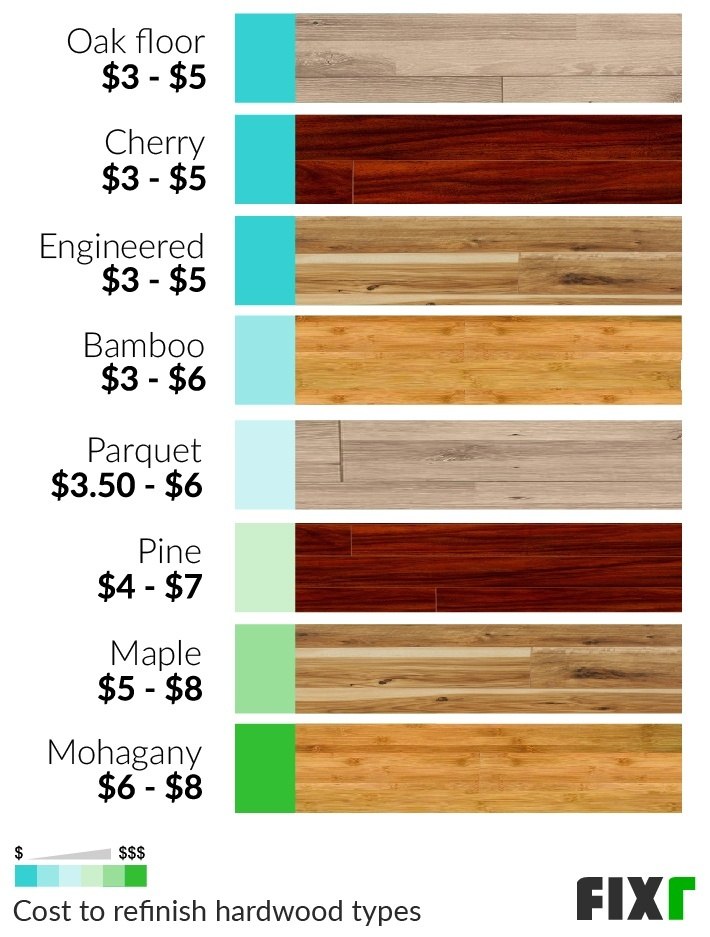
Cost To Refinish Hardwood Floor Refinishing Fixr

Cost To Refinish Hardwood Floors Sandless In Seattle

Floor Replacement Cost To Refloor A House Fixr

Cost Of Installing Hardwood Floors Top 2024 Price Guide

How Much Does It Cost To Refinish Hardwood Floors In 2025

Hardwood Flooring Installation Costs 2024

Cost Of Installing Hardwood Floors Top 2024 Price Guide

